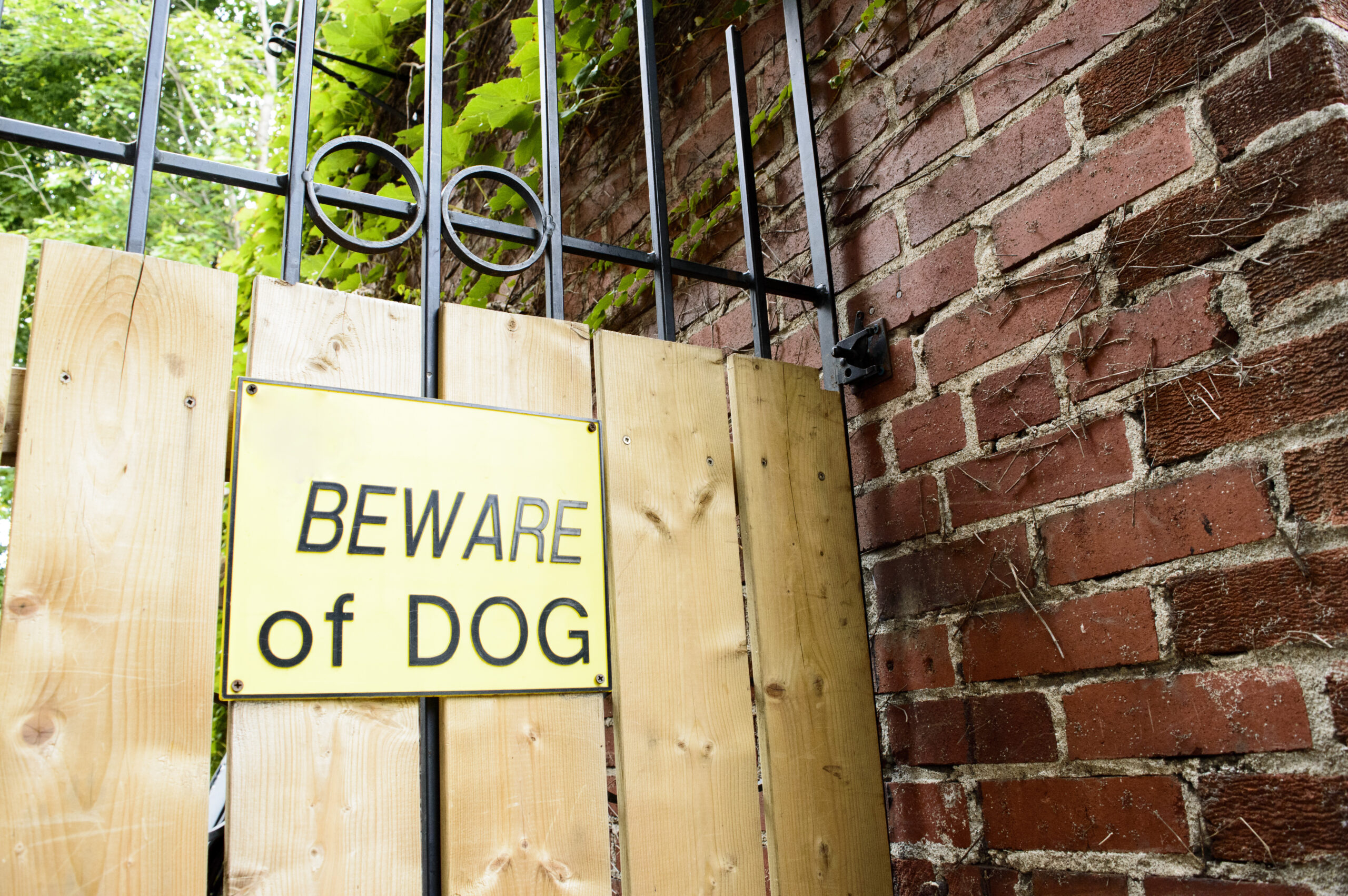How Can Social Media Affect My Personal Injury Case?
The digital age has enabled legal experts to collect evidence from social media platforms for various cases. Unknown to many people, what appears like an innocent post on social media can reveal a lot of information that can make or break a case. If you have an ongoing personal injury case, you should be careful about the information you upload on your social media platforms.
Lawyers from a law firm in Arizona acknowledge that social media evidence can powerfully strengthen your claim. For example, posts, photos, and videos of the accident scene and your injuries can help in the following ways:
- Corroborate your account of the accident
- Demonstrate the extent of injuries you sustained or damages you suffered
- Counter false claims by the other party if they dispute the cause of your injuries
Nonetheless, documenting your recovery journey could do more harm than good, given some loopholes that defense attorneys could capitalize on to refute your claims. A Scottsdale personal injury lawyer provides an overview of social media pitfalls and best practices for plaintiffs in a personal injury case.
What are Some Social Media Pitfalls in Personal Injury Cases?
While posting on social media has become second nature to most smartphone users, it can adversely affect personal injury plaintiffs. Photos of yourself that you post on your Instagram, Facebook, or TikTok pages can potentially harm or discredit your claim.
If you say the wrong thing or post something misleading, it could appear that you were not injured or that your injuries are not as severe as you claim. The defense lawyers could call your claim into question and use the photos against you to show that the injury hasn’t affected your professional or social life as you claimed.
The Places You Visit
If you check into every place you visit on your social media apps regularly, lawyers may see the places you go to and believe you are not as badly injured. Posting places such as movie theaters, bowling alleys, malls, or sporting events could be harmful especially if you are expected to get up and move around.
The Extent of You Injuries
Where you visit and the photos you post online can mislead attorneys into believing you’re not severely injured, which could affect your claim. Moving around so much while you’re supposed to be on bed rest or recovering from a severe injury can bring your injuries and mobility into question during a claim.
Comments by Friends and Family
Your personal injury attorney in Scottsdale will advise you to avoid certain things that could injure your claim. However, your family and friends may not know what they should or should not say on these posts, and their statements could dramatically reduce your chances of winning a personal injury settlement.
What Are Some Social Media Dos and Don’ts?
If you must use social media during your personal injury claim, it’s crucial to comprehend some best practices that can safeguard your legal position. A crucial starting point is to avoid social media check-ins that could damage your claim. Even if you’re not participating in any activities, the defense lawyers could have a different opinion.
Leverage Privacy Settings
Privacy settings help you control who views your posts, limiting visibility to only trusted people. Activating your social media account’s privacy settings can shield you from unwanted scrutiny of your online life.
Ensure you also control access to your profiles by being careful about the friend requests you approve. A friend request you accept could appear innocent, but remember that insurance companies or the defense counsel could try to gather information against you through such requests., so be careful.
Preserve Evidence and Document Injuries
If you choose to use social media to capture and document your injuries and recovery journey, ensure you don’t compromise the integrity of your case. Based on how you gather and preserve evidence, you can bolster your claim without weakening it.
Avoid Discussing the Case Online
Your Scottsdale personal injury attorney will advise you to refrain from discussing or posting about the ongoing case or expected outcome.
Even what you may think is a harmless comment can adversely affect the case’s integrity or be misinterpreted to mean something that may potentially impact the validity of your claim.
Limiting interactions with others posting about the case is also advisable to avoid misunderstandings that could affect the outcome.
Remember, what you share on social media platforms could undergo rigorous scrutiny in a legal context. If the court finds the information admissible, it could use it to determine whether or not to award a settlement.
Consult Legal Counsel
Before posting or sharing anything on social media related to an ongoing personal injury case, it is wise to seek legal counsel from an experienced personal injury attorney in Scottsdale. They can provide tailored advice on the type of content to post, the implications of various content types, how to manage friend requests, and the overall impact social media may have on the case.
Navigating Social Media Pitfalls with the Help of an Experienced Personal Injury Attorney
Social media can dramatically affect the outcome of your personal injury case depending on how you handle the content you post. Exercise caution when posting or uploading content to mitigate potential risks and avoid inadvertent pitfalls. Seek legal counsel when navigating social media in relation to a personal injury case or legal matters to balance the interconnection.
A legal from a reputable law firm in Arizona can be a valuable resource as you pursue compensation in a personal injury case. The Wilson Ortiz Law Firm hosts a skilled Scottsdale personal injury lawyer who can look into your case and provide the legal support you need. Call us at 623-294-1442 for a FREE consultation.




